Politicians using artists’ music without permission is nothing new. However, given the divisiveness that a figure such as Donald Trump represents, few artists have given endorsements or consent for the President to use their music. Still, Trump has brazenly continued to use whatever music he wants on his continued campaign trail — much to the disdain of popular artists. Although complaints are piling up, it seems as though Trump isn’t technically doing anything wrong in regards to copyright infringement, thanks to convoluted licensing laws and regulations in the US. Still, artists continue to do what they can to keep control over how their music is used.
Most recently, Rihanna and Axl Rose have both taken issue with Donald Trump using their music at his rallies. The issue first came to the attention of Rihanna when a Washington Post journalist posted the following on Twitter: “It’s been said a million times, but here’s a million and one — Trump’s rallies are unlike anything else in politics. Currently, Rihanna’s “Don’t Stop the Music” is blaring in Chattanooga as aides toss free Trump t-shirts into the crowd, like a ball game. Everyone’s loving it.”
Based on the tweet, it seems Rihanna’s music was a focal point of the festive atmosphere at the rally. However, the pop superstar was not pleased, as she responded shortly after, saying: “Me nor my people would ever be at or around one of those tragic rallies, so thanks for the heads up Philip.”
The next day, the singer had her lawyers send a formal cease-and-desist letter to Trump’s team. The letter stated, “As you are or should be aware, Ms. Fenty has not provided her consent to Mr. Trump to use her music.” The letter went on to claim that use of the music created a false impression that Rihanna was endorsing or was affiliated with the President.
Axl Rose similarly took to Twitter recently to denounce the President’s use of the Guns N’ Roses song “Sweet Child o’ Mine”, which has been played at recent political rallies as well. Rose stated that his group had asked Trump to stop using their music in the past.
“Just so ya know… GNR like a lot of artists opposed to the unauthorized use of their music at political events has formally requested our music not be used at trump rallies or Trump associated events.”
Although Rose and Rihanna have now joined a growing list of artists who have denounced the use of their music at political rallies, it seems there isn’t much that they can do about it; at least not from a legal standpoint.
Due to current licensing and copyright laws in the US, Trump is mostly protected from any claims of copyright infringement or unlawful use when it comes to the music he plays at his rallies.
To play music at any public event, whether its affiliated with politics or not, requires a licence from a performing rights organization. In the US, there are two main organizations: BMI and ASCAP. Most public venues will already be in possession of a “blanket licence” which allows them to play any song or artists in their catalogue, which combined comprises nearly 23.5 million songs. Most political campaigns will purchase their own blanket licence that allows them to play music no matter where their event is being held.
In most cases, these licences are purchased by venues because the use of music in such places is completely harmless and acts as a way for it to be used in a way that still respects the rights holders and allows for compensation to be earned when the song is played. However, musicians complaining about their songs being used in a political context — and essentially exploited through the loopholes these blanket licences provide — is nothing new. This has caused BMI and ASCAP to introduce provisions to their blanket licences, which has had the effect of creating a special licence specifically intended for political entities. With these special licences, musicians are able to opt out of their songs being used in a political context.
Some artists have taken advantage of this. Most notably, Steven Tyler used the provision in 2015 to prevent Trump from using Aerosmith’s “Dream On” at his events. At Tyler’s request, BMI removed public performance rights to the song and Trump stopped using it. Still, most of these cases are met with sternly worded cease-and-desist letters and nothing more once the songs have been removed from rotation at the rallies.Yet, this is a recurring matter with a revolving roster of artists that seems to have no end in sight. As soon as a politician stops using one artist’s song, they start using another — and in most cases, someone is unhappy.
The most unhappy this year is likely Pharrell Williams. Earlier this month, Trump used the singer’s song “Happy” at one of his events, much to the displeasure of the popular artist. Once Pharrell was altered to the use of his music, Trump received the following memo from Pharrell’s lawyers, which read in part:
“Pharrell WIlliams is the owner of the copyright in “Happy,” with the exclusive right to exploit same. Pharrell has not, and will not, grant you permission to publicly perform or otherwise broadcast or disseminate any of his music. The use of “Happy” without permission constitutes copyright infringement in violation of 17 U.S.C. 501. This also violates Pharrell’s trademark rights under the Lanham Act.”
The entire letter is far more severe than most cease-and-desist letters, due to the fact that Pharrell may be able to take his case farther than other artists have in the past. This is because Pharrell parted ways with ASCAP four years ago and moved all of his music to a lesser-known performing rights organization known as Global Music Rights. Neither Trump’s campaign nor the venue where the rally was held has a licence from GMR, making the use of Pharrell’s music entirely unlawful. While Trump’s lawyers could potentially claim fair use of the song, Pharrell’s lawyers could pursue this matter and would have a likely chance of winning their case.
While it remains to be seen whether or not Pharrell and his team will pursue the matter further, it is unfortunate that he is the only artist who would likely be able to do so at this point. Other artists seem to be out of luck, as politicians use loopholes in blanket licences held by venues to get away with playing whatever music they wish. While matters are often resolved with cease-and-desist letters, the damage of a false endorsement has already been done by that point. Until performing-rights organizations put stringent clauses in place to protect the image of artists and their work, politicians will remain in control of the music they use, and the image that that creates for both the artist and the politician.


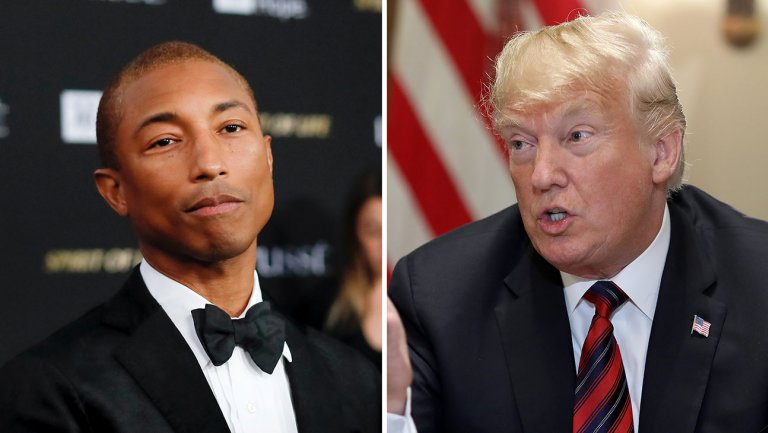
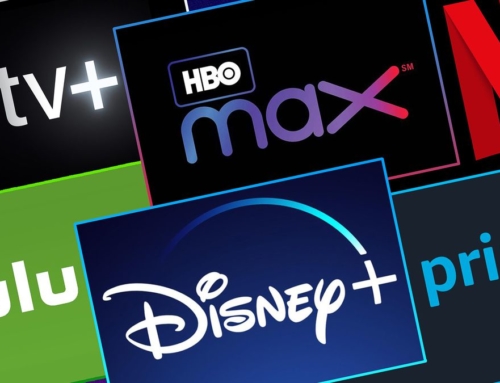
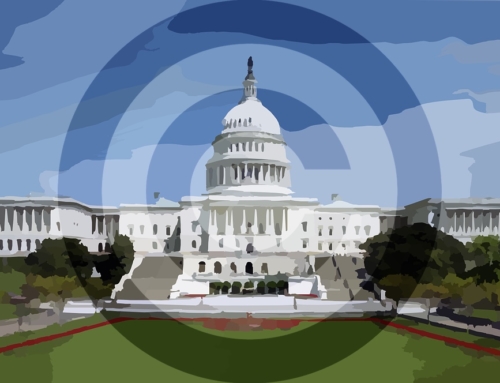
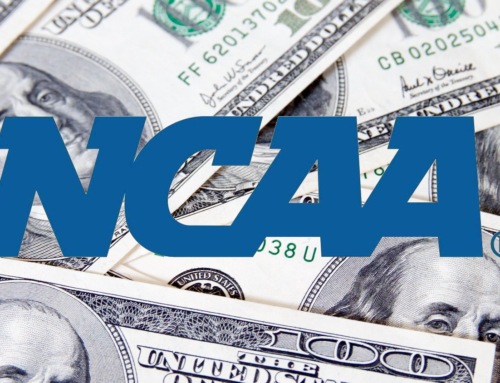

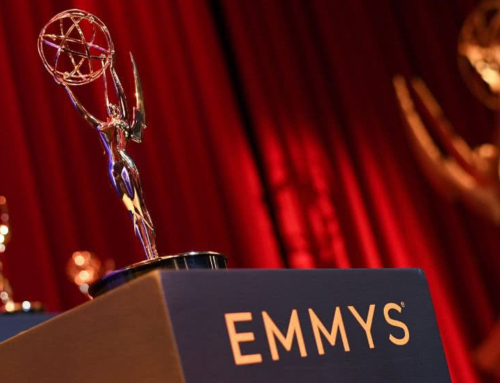

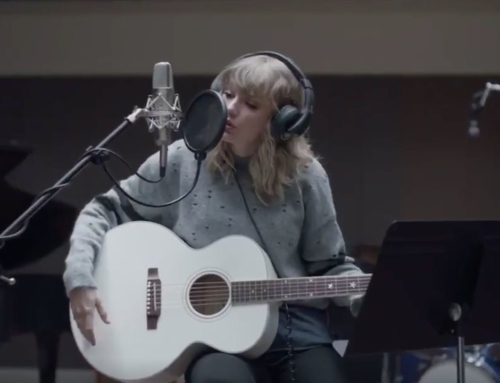

Leave A Comment
You must be logged in to post a comment.